Words in advertisements that cause a psychological response
Words are the unsung heroes of advertising, wielding the power to persuade, inform, and captivate audiences. They are meticulously chosen to evoke emotions and drive consumer behavior.
Crafting the perfect language in ads can mean the difference between a product flying off the shelves or gathering dust. It’s fascinating how a simple word tweak can transform a message from bland to compelling, making advertising a linguistic art form.
“Free”: Unlocking the Desire for a Good Deal
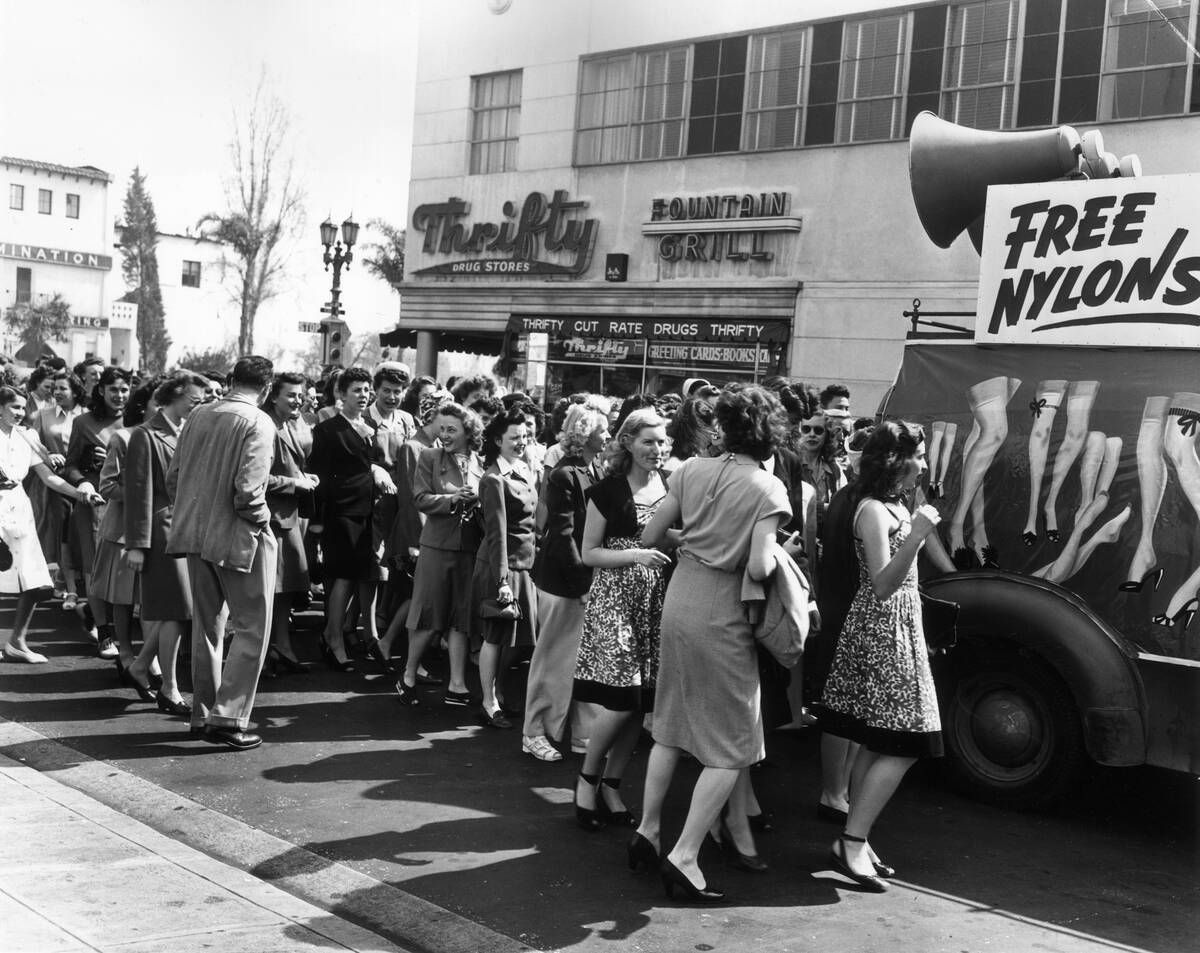
The word ‘free’ is a magnet for consumers, unlocking an intrinsic desire for a good deal. It taps into the zero-price effect, where people perceive more value in getting something for nothing.
When consumers see ‘free,’ they are more likely to engage with the product, driven by the thrill of acquisition without financial risk. This makes ‘free’ one of the most powerful words in the advertising arsenal.
“Limited Time”: Creating a Sense of Urgency

‘Limited time’ is a phrase that sends consumers into a frenzy, creating a sense of urgency. This tactic leverages the scarcity principle, where the threat of losing out can accelerate the buying process.
By emphasizing a time constraint, advertisers encourage immediate action, as consumers fear the opportunity slipping away. It’s a clever way to nudge fence-sitters into making quick purchasing decisions.
“Guaranteed”: Building Trust and Confidence
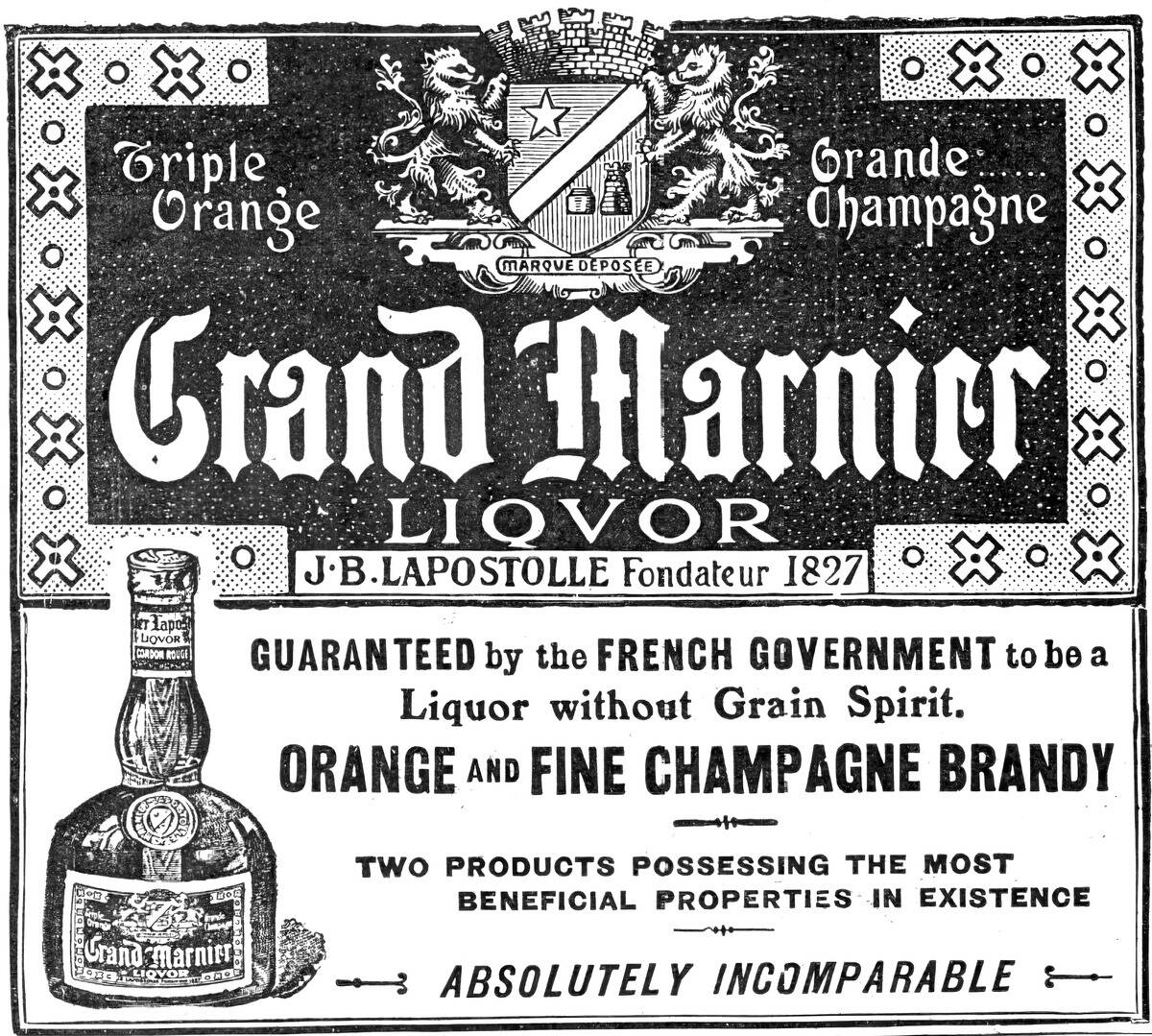
The word ‘guaranteed’ is a beacon of trust, providing assurance and building confidence in a product or service. It reduces perceived risk by promising a certain outcome, which is reassuring to wary consumers.
When buyers see ‘guaranteed,’ they are more likely to trust the brand, believing that their satisfaction is ensured. This trust can be the deciding factor in finalizing a purchase.
“Exclusive”: Making Customers Feel Special
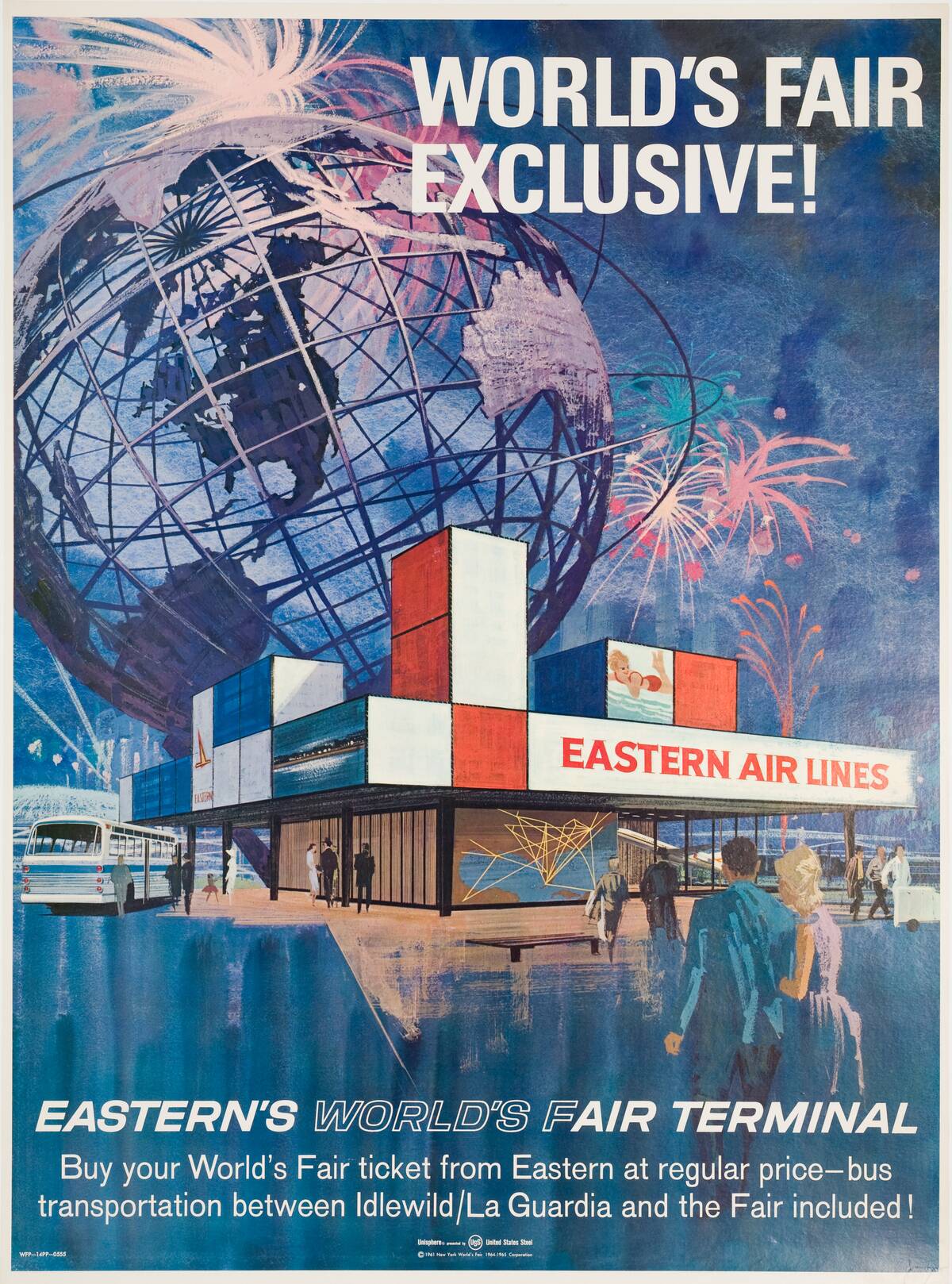
‘Exclusive’ taps into the human desire to feel special and privileged. It suggests that the consumer is part of a select group, privy to something not available to everyone.
This sense of exclusivity can enhance the perceived value of a product, making it more desirable. Consumers often gravitate towards products that make them feel unique, and ‘exclusive’ delivers that promise.
“New”: Tapping into the Love for Novelty
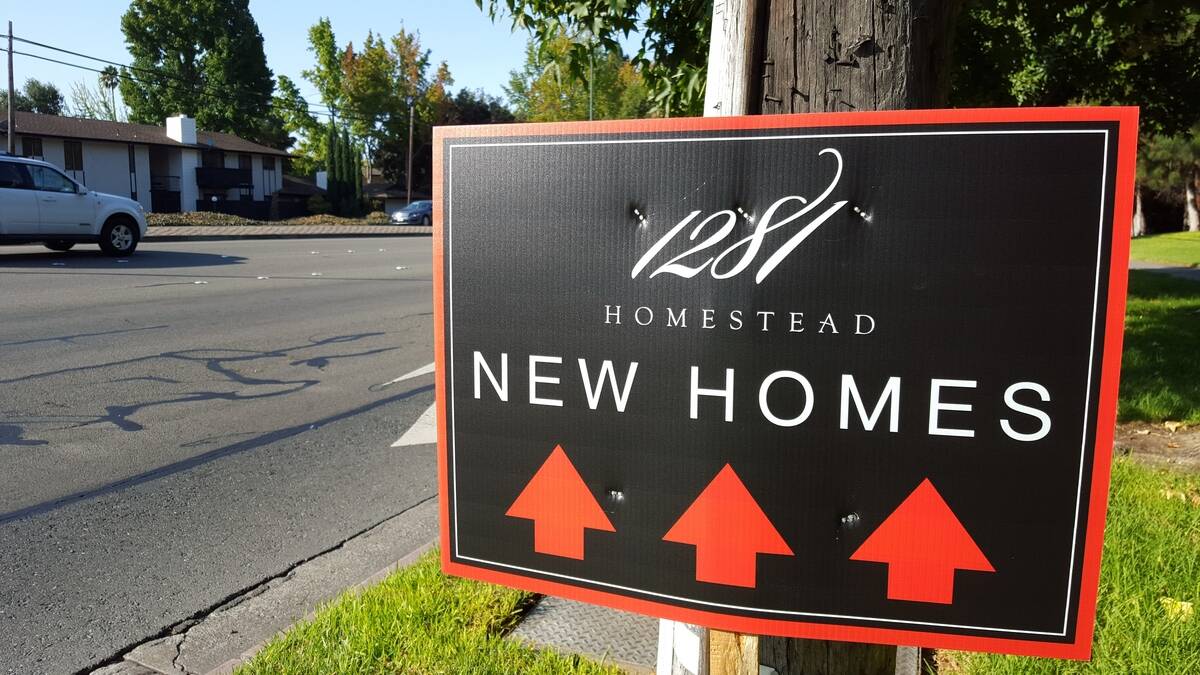
Humans are naturally drawn to the ‘new,’ driven by an innate curiosity and love for novelty. The word ‘new’ in advertising plays on this inclination, suggesting innovation and freshness.
It promises consumers a break from the mundane, offering something they haven’t experienced before. This allure of novelty can drive interest and engagement, making ‘new’ a powerful motivator in the advertising toolkit.
“Proven”: Leveraging the Power of Social Proof
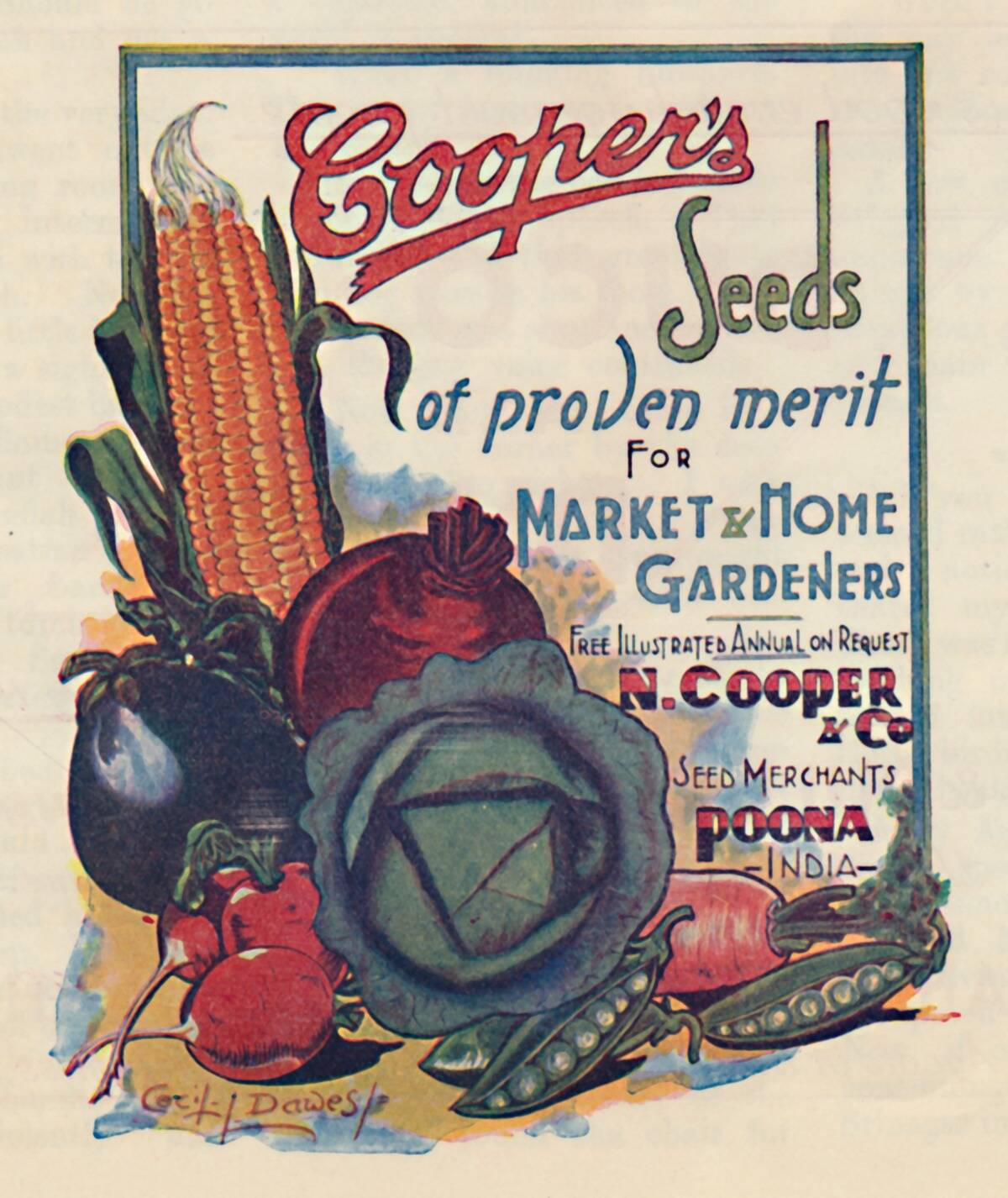
‘Proven’ is a word that harnesses the power of social proof, providing evidence that a product works. It reassures consumers by indicating that others have tried and tested the product with success.
This endorsement can alleviate doubts, encouraging potential buyers to follow the crowd. By using ‘proven,’ advertisers can leverage the herd mentality, making their offering more credible and appealing.
“You”: Personalizing the Message for Impact
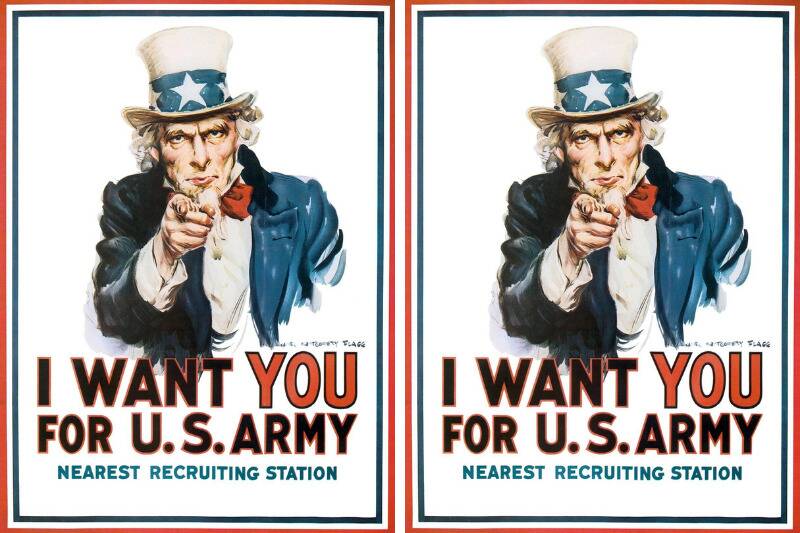
The word ‘you’ is a powerful tool in advertising, personalizing the message for greater impact. It speaks directly to the consumer, making them feel like the ad is tailored specifically for them.
This personal touch can create a connection, fostering engagement and loyalty. By addressing the consumer individually, advertisers can make their message more relatable and compelling.
“Now”: Encouraging Immediate Action
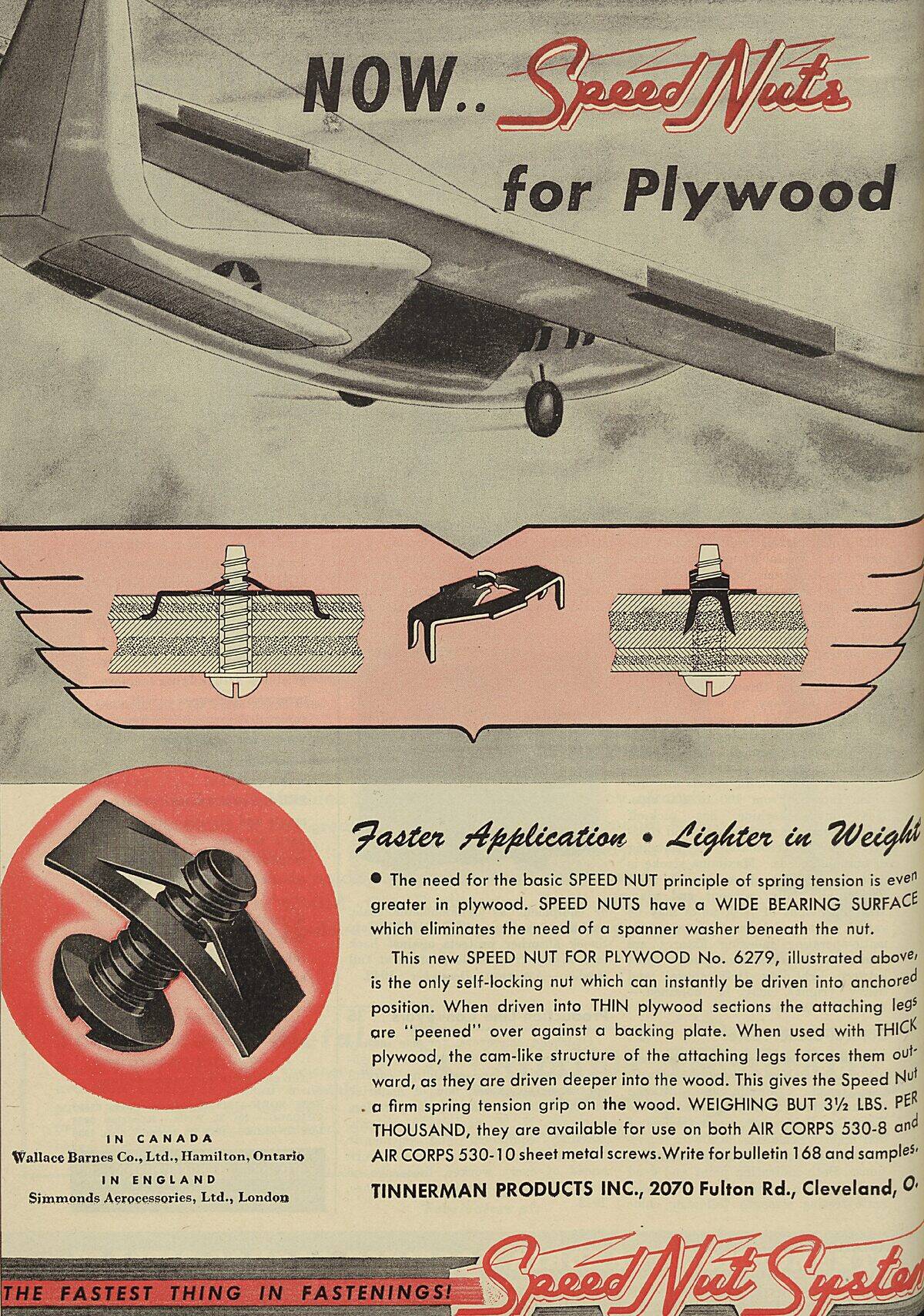
‘Now’ is a call to action that encourages immediate response, playing on the urgency of the present moment. It suggests that waiting could mean missing out on an opportunity.
This immediacy can be a strong motivator, pushing consumers to act quickly. By using ‘now,’ advertisers can capitalize on the consumer’s impulse to seize the moment, driving faster decision-making.
“Limited”: Highlighting Scarcity to Increase Demand
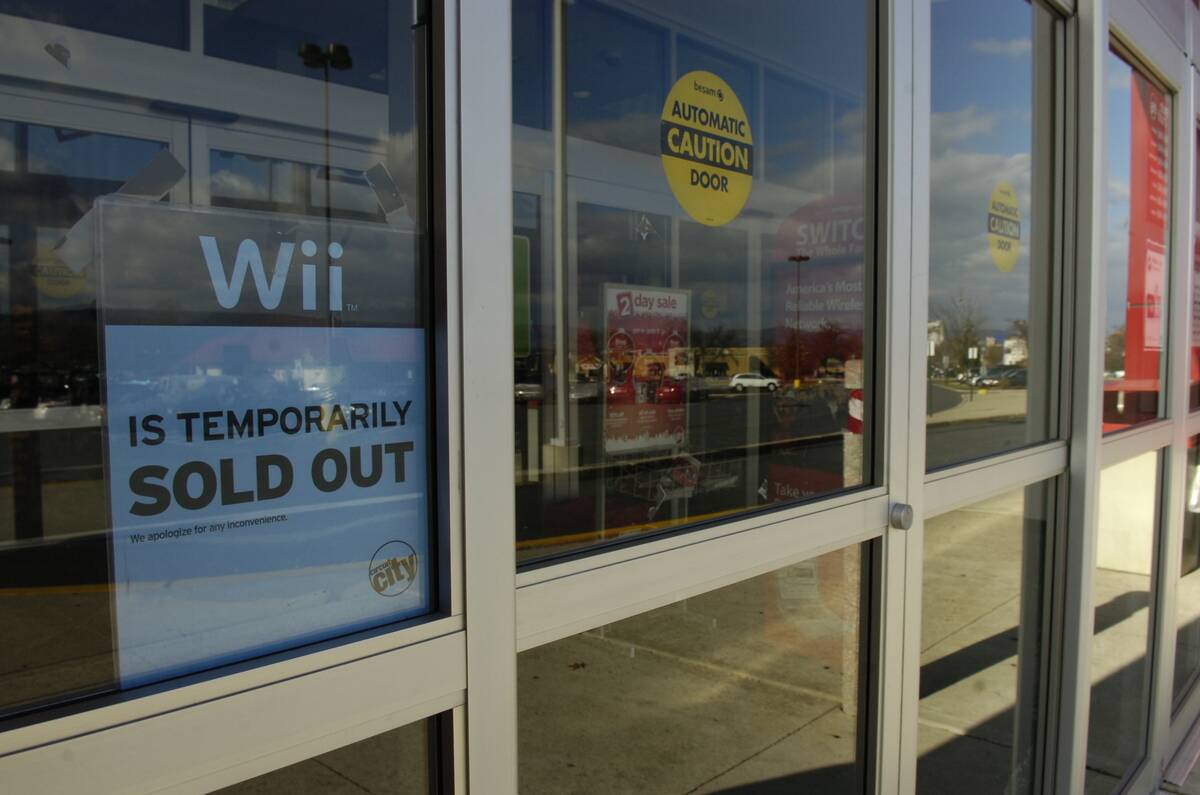
‘Limited’ is a word that highlights scarcity, increasing demand by suggesting rarity. It taps into the fear of missing out, prompting consumers to act before it’s too late.
Scarcity can make a product seem more valuable, as limited availability often enhances desirability. This tactic is effective in creating a sense of urgency, encouraging consumers to prioritize their purchase.
“Save”: Appealing to the Desire for Savings
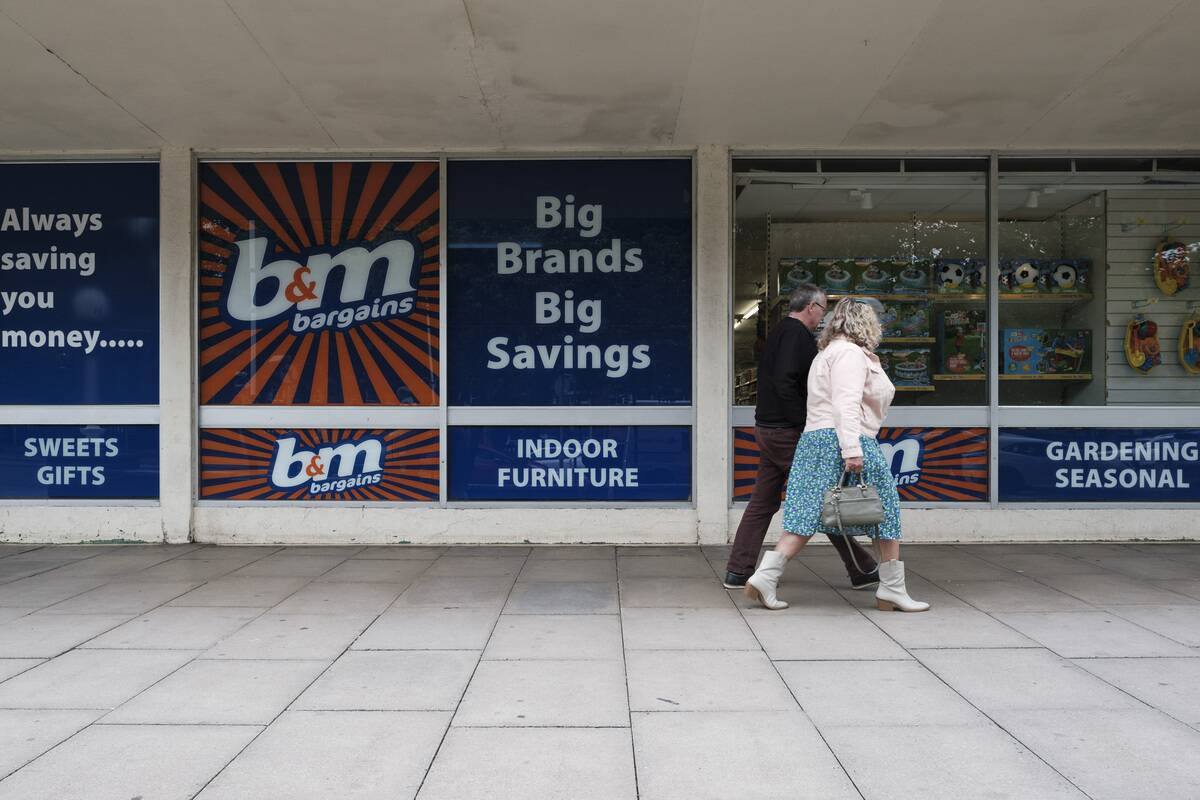
The word ‘save’ is music to the ears of budget-conscious consumers, appealing to their desire for savings. It suggests financial prudence, allowing consumers to feel smart and responsible about their spending.
By highlighting potential savings, advertisers can attract price-sensitive buyers, who are always on the lookout for a good deal. This appeal to thriftiness can be a significant motivator in driving sales.
“Instant”: Promising Quick Results for Instant Gratification
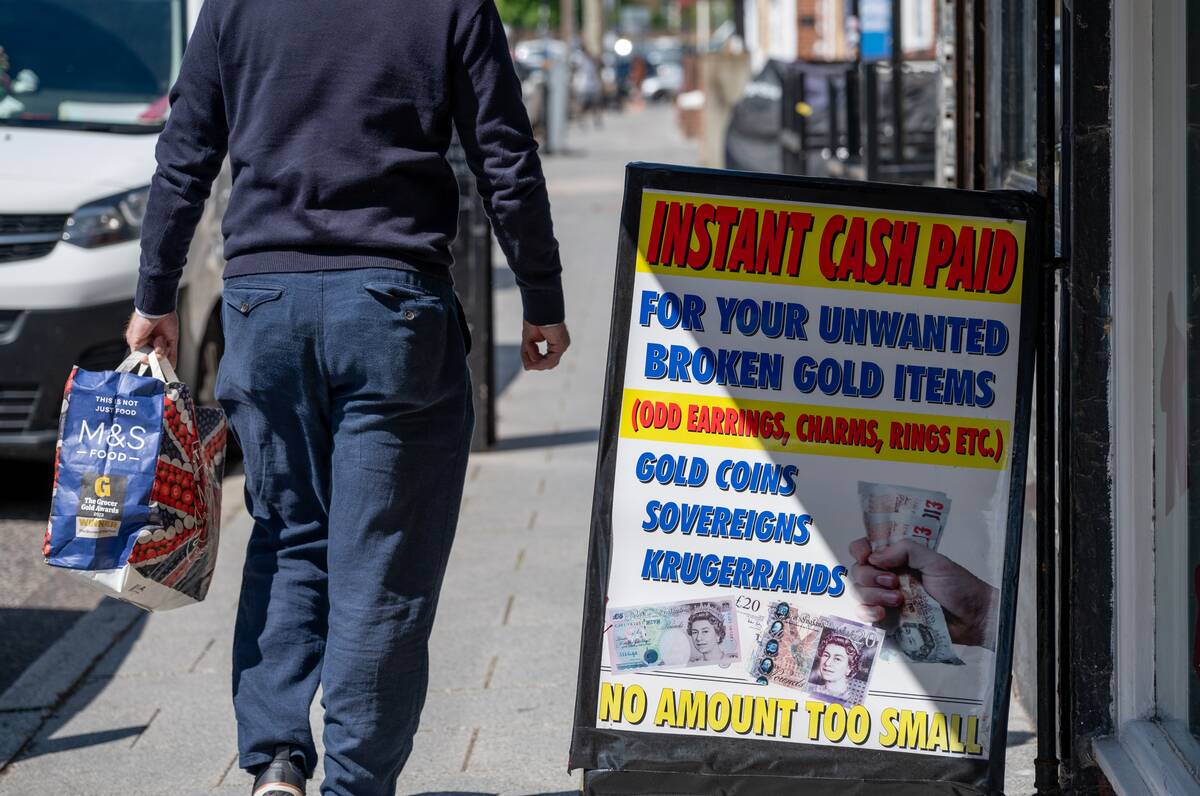
‘Instant’ is a word that promises quick results, catering to the consumer’s desire for instant gratification. In a fast-paced world, products that offer immediate benefits are highly attractive.
This word can reduce the perceived wait time, making the offering more enticing. Advertisers use ‘instant’ to assure consumers that they won’t have to wait long to enjoy the benefits of their purchase.
“Improved”: Suggesting Betterment and Progress
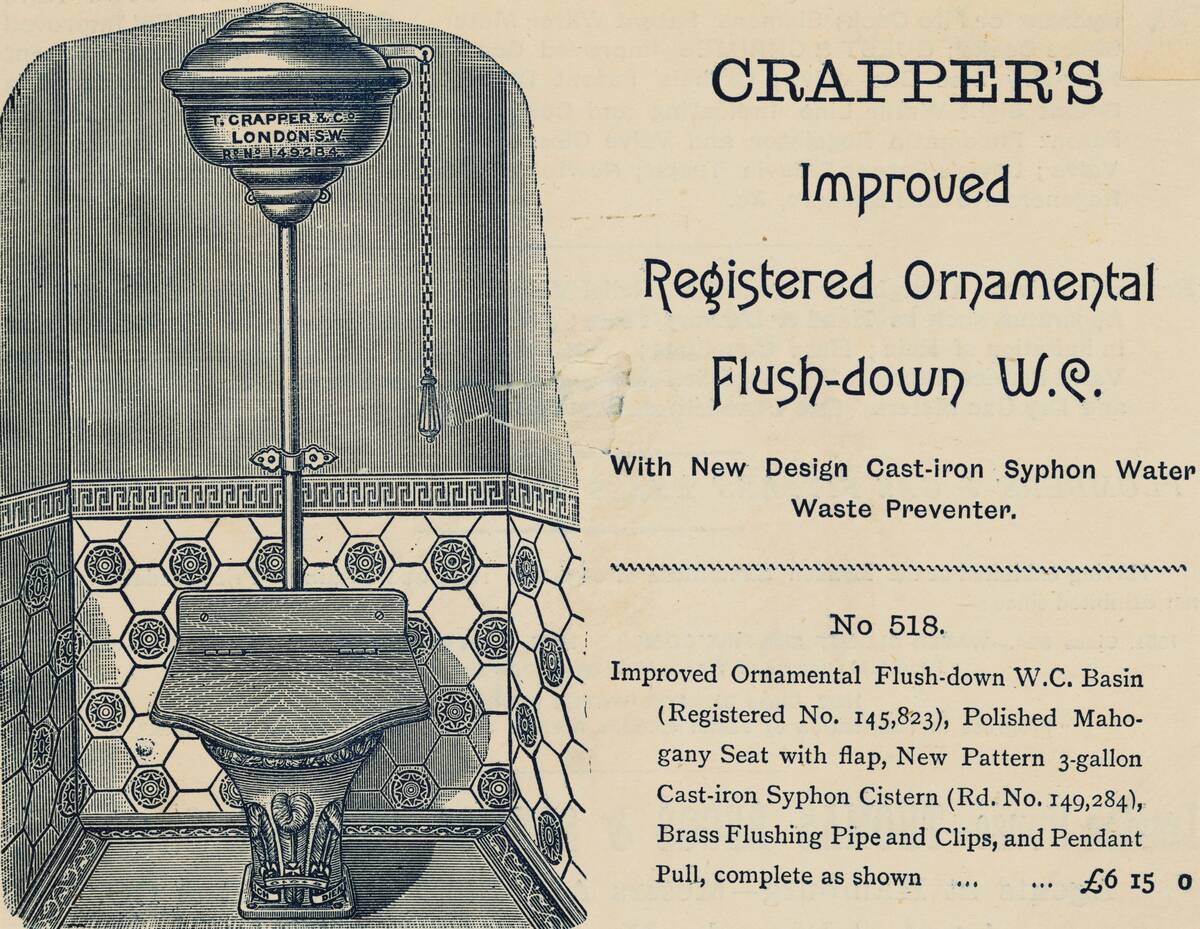
‘Improved’ is a word that suggests betterment and progress, indicating that a product has been enhanced. It appeals to consumers looking for the latest and greatest, ensuring that they get the best version available.
This word can convince buyers that they are making a forward-thinking choice, as it implies innovation and advancement. It’s an effective way to convey value and encourage upgrades.
“Easy”: Simplifying the Decision-Making Process
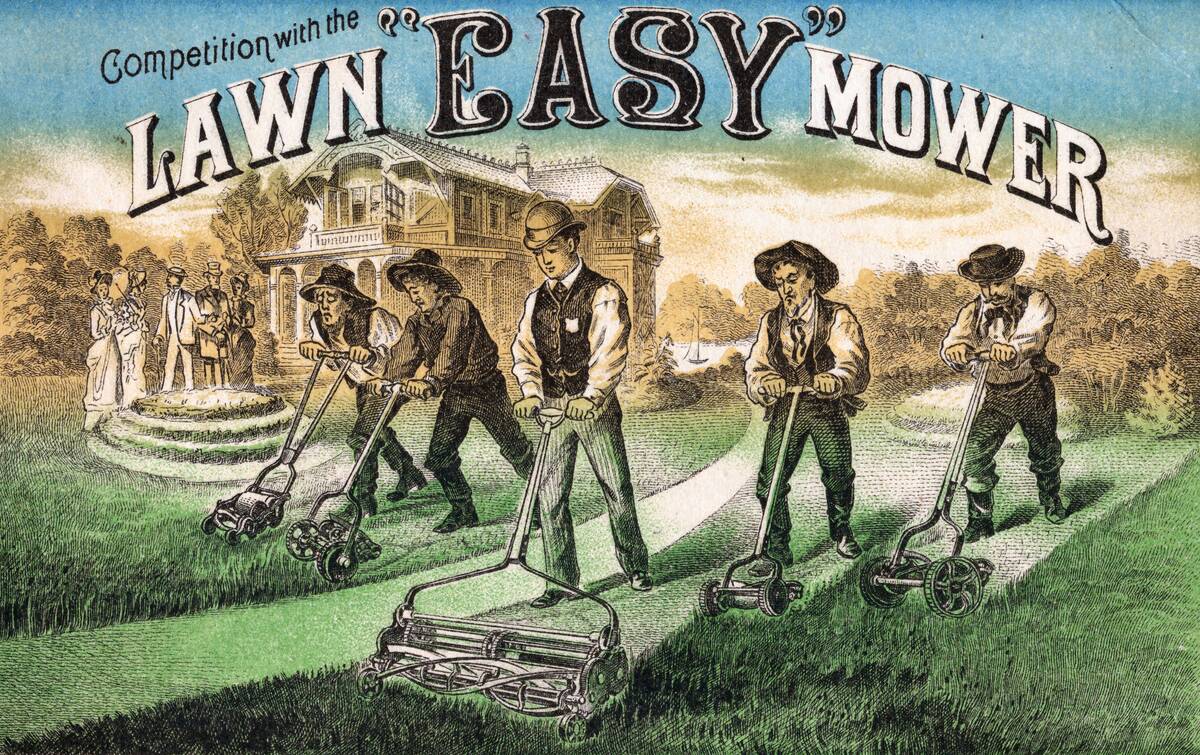
The word ‘easy’ is music to consumers’ ears, simplifying the decision-making process. It suggests that the product or service requires minimal effort, reducing the perceived burden on the consumer.
When something is labeled as ‘easy,’ it becomes more appealing, as it alleviates the complexity often associated with purchase decisions. This simplicity can be a compelling factor in swaying potential buyers.
“Discover”: Inviting Exploration and Curiosity
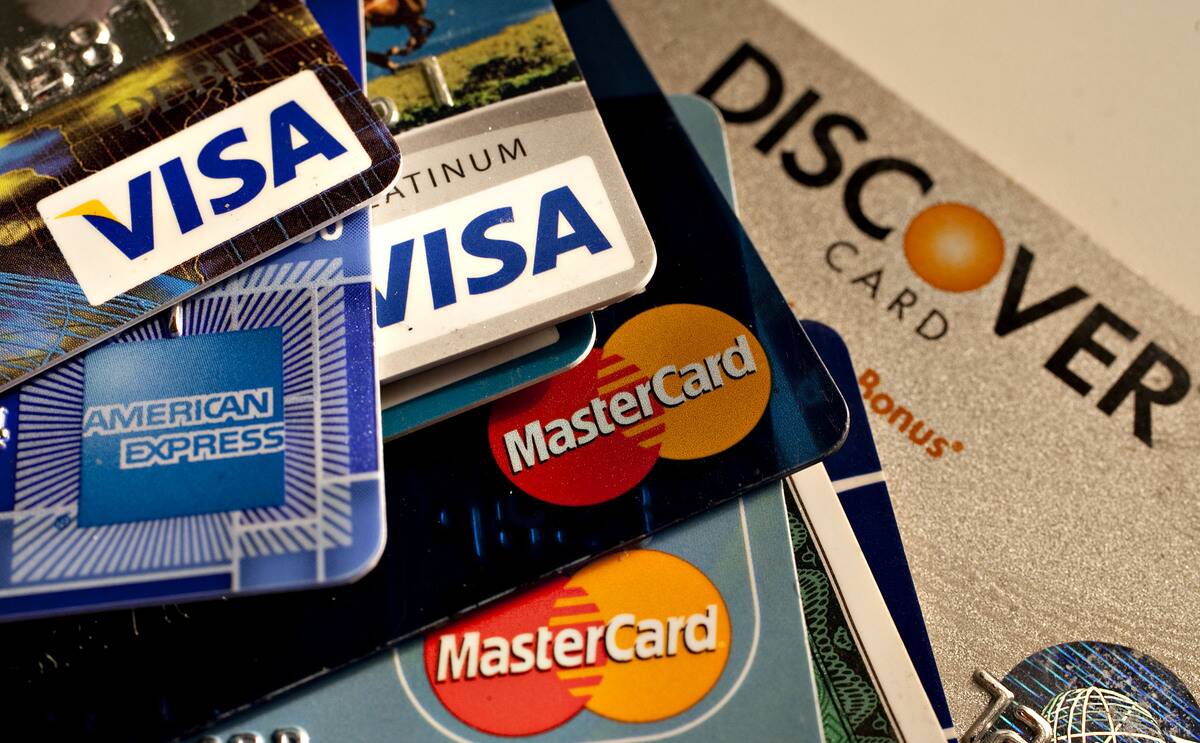
‘Discover’ is an inviting word that taps into consumers’ innate curiosity, urging them to explore. It suggests a journey of finding something new and exciting, appealing to the adventurous spirit.
This word can draw in consumers eager to uncover hidden gems or little-known benefits. By using ‘discover,’ advertisers can engage the audience’s sense of wonder and exploration, making the offer more intriguing.
“Best”: Using Superlatives to Stand Out
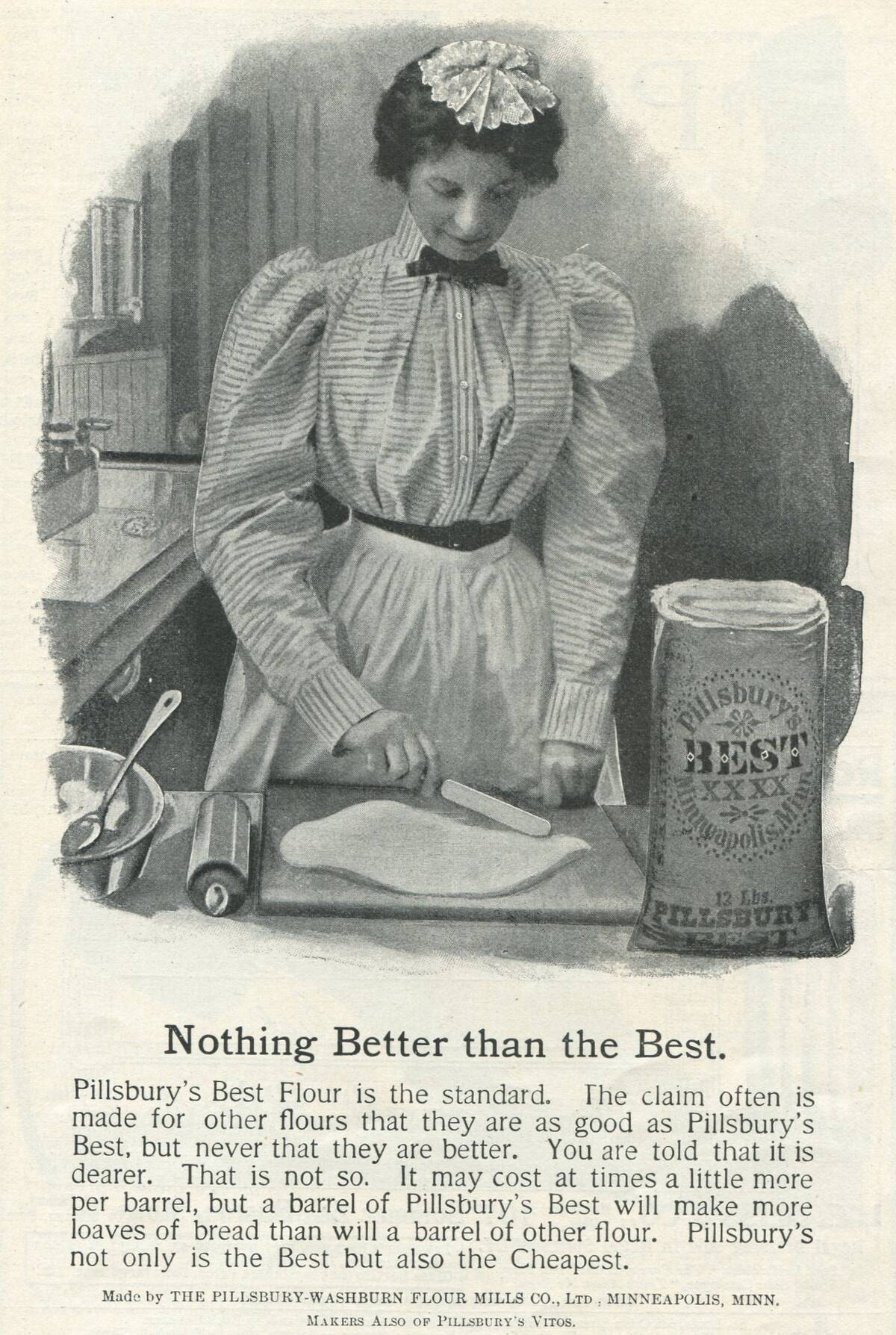
Superlatives like ‘best’ are used in advertising to help a product stand out in a crowded market. It suggests superior quality and excellence, positioning the product as the top choice.
Consumers are naturally drawn to products that purport to be the best, as they associate this with the highest value. Such language can be persuasive, nudging consumers towards a purchase decision.
“Results”: Offering Tangible Outcomes and Benefits
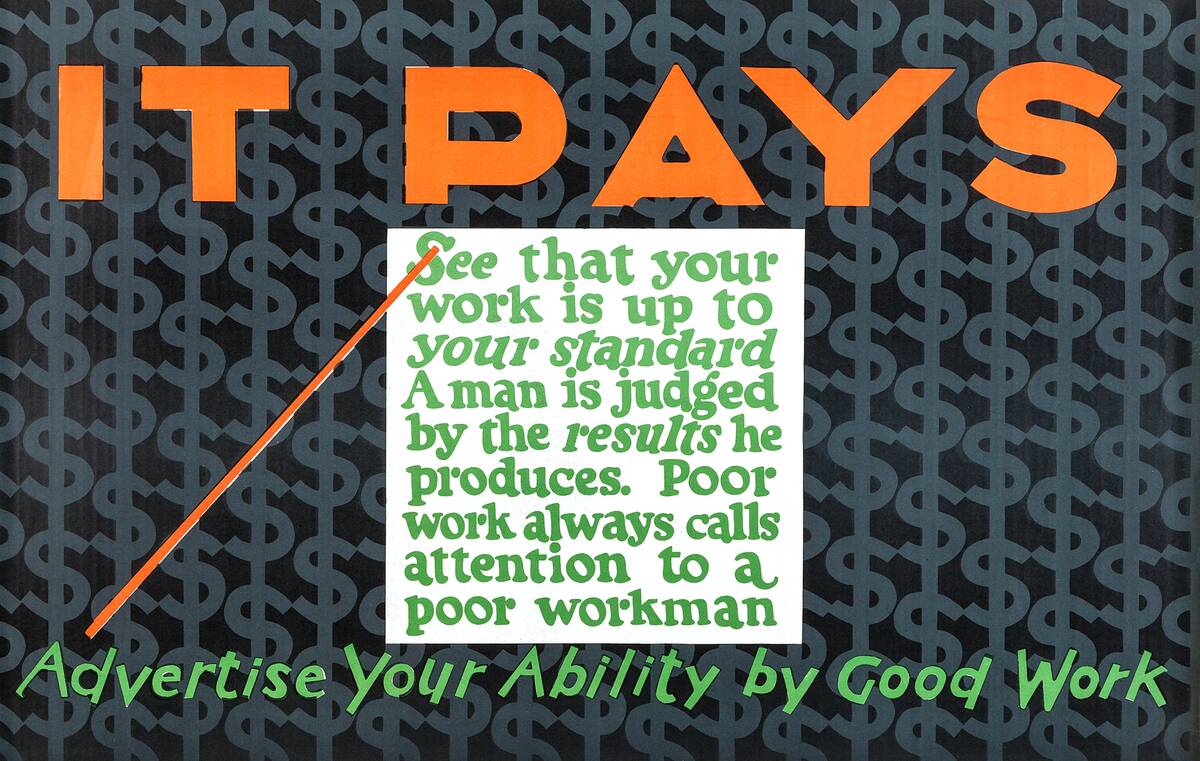
The word ‘results’ offers consumers tangible outcomes, providing a clear picture of the benefits they can expect. It reassures buyers that their investment will yield positive returns, which is crucial for making informed decisions.
This word can be particularly persuasive in industries where the outcome is paramount, such as fitness or finance. By promising ‘results,’ advertisers can align their message with consumer expectations, driving confidence in the purchase.




